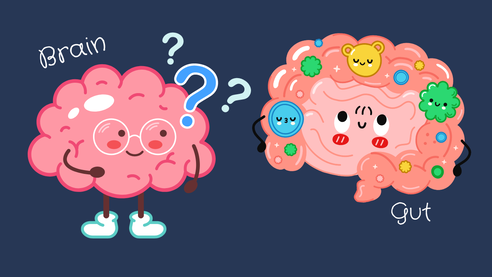Protein conformational diseases, such as Alzheimer's, Parkinson's, and Huntington´s disease, are characterized by the misfolding and aggregation of specific proteins, leading to cellular dysfunction and tissue damage. Emerging evidence suggests that the gut microbiome, the diverse community of microorganisms residing in the gastrointestinal tract, plays a crucial role in modulating the development and progression of these diseases. Dysbiosis, an imbalance in the composition and function of the microbiome, has been associated with increased susceptibility to protein misfolding and aggregation, as well as exacerbation of neuroinflammation and neurodegeneration. We are interested in studying the interplay between the gut microbiome composition and the pathogenesis of these diseases by using C. elegans as model organisms. In addition, our lab wants to elucidate the molecular mechanims by which certain antibiotics and natural compounnds can alter protein aggregation in the host.

